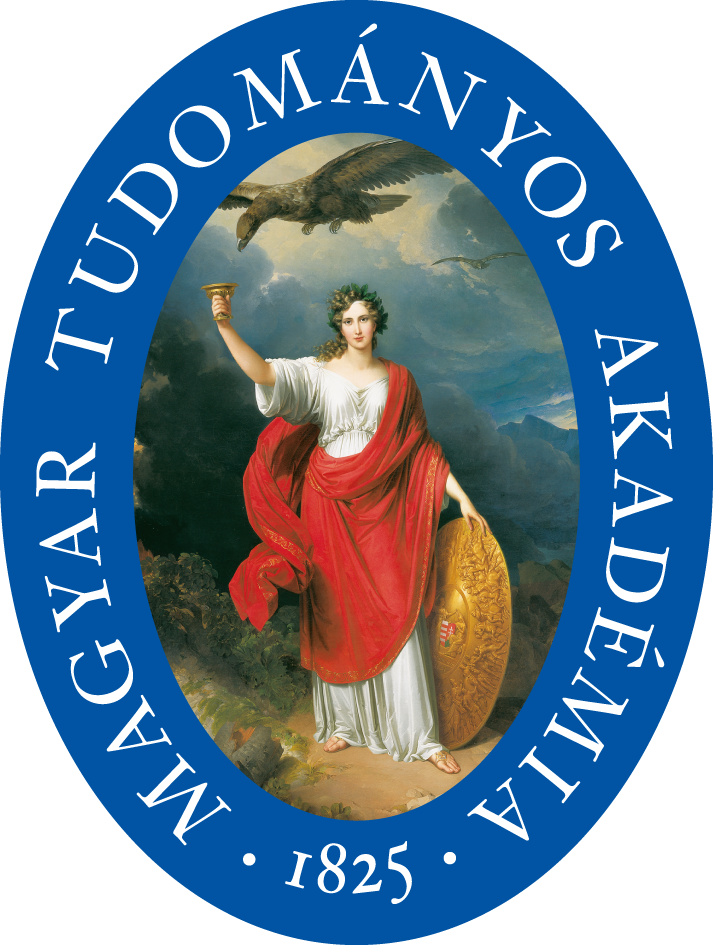Climate change, its effects and actions in the light of the fourth assessment report of the IPCC
DOI:
https://doi.org/10.56617/tl.4107Keywords:
globális melegedés, üvegházhatású gázok, kibocsátási forgatókönyv, éghajlati forgatókönyv, hatások, alkalmazkodás, megelőzésAbstract
The Fourth Assessment Report of the Intergovernmental Panel of Climate Change (IPCC), published in 2007 stated that the climate of the Earth had been warming since the industrial revolution. A highly probable cause for this warming is the increasing amount of greenhouse gases, notably carbon dioxide as a consequence of various human activities. If this emission keeps its current measure or even increases, the extent of global warming may exceed 2,5–5,5 °C until the end of the 21st century. Global warming will have effects on regional climate, natural physical and biological systems and human systems. Several signals indicate that these changes have already started. As a consequence of warming, polar ice is melting, area of glaciers and permafrost is decreasing, sea level is rising, usable water stock is decreasing in areas with dry climate, extremities in weather (drought, floods) become more frequent. Climate change, together with non-climatic effects (land use changes, pollutions, mass exploitation of natural resources), threatens several ecosystems, especially in case of warming by more than 2–3 °C. Biogeographical zones are shifting; e. g. forests expand onto tundra areas and subtropical areas onto tropics. Climate change threatens biodiversity as well; 20–30% of known species may disappear. As a consequence of warming seas, a sharp rate of coral crawls may disappear, territory of some species may decrease due to polar ice melting, mangrove ecosystems are endangered by rising sea level. Considering human sphere, number of people living in areas with water shortage is increasing, safety of food supply is declining at a longer period, and risk of infectious diseases is growing. Sea level rise threatens the safety of several million shore inhabitants. There are two ways to avoid or reduce harmful effects of climate change: one is mitigation of climate change, the other is adaptation to new climatic conditions.
References
Alcamo, J., Moreno, J. M., Nováky, B., Bindi, M., Corobov, R., Devoy, P. J. N, Giannokopoulos, C., Martin, E., Olesen, J. E., Shvidenko, A. 2007: Europe. Climate Change 2007: Impacts, Adaptations and Vulnerability. Contribution of Working Group II to the Fourth Assessment Report of Intergovernmental Panel on Climate Change, Parry, M. L., Canzione, O. E. Palutikof, J. P., van den Linden, P. J. and Hanson, C. E. Eds. Cambridge University Press, Cambridge, UK. 541–580
Burke, E. J., Brown, S. J., Christidis, N. 2006: Modelling the recent evolution of global drought and projections for the 21st century with the Hadley Centre climate model. J. Hydrometeorol., 7, 1113–1125. https://doi.org/10.1175/JHM544.1
Faragó T. 2007: Az IPCC és Magyarország. Éghajlatváltozás, nemzetközi együttműködés és a Nobel-díj’’ Konferencia, Budapest
Fry, C. 2008: The Impact of Climate Change – the world’s greatest challenge in the twenty-first century. New Holland Publisher (UK) Ltd.
IPCC, 2001: Climate Change 2001: The Scientific Basis. Contribution of Working Group I to the Third Assessment Report of the Intergovernmental Panel on Climate Change (IPCC). Houghton, J. Z., Ding, Y. , Griggs, D. J., Noguer, M., Van Linden, P. J., Xiaosu, D. (eds.). Cambridge University Press, UK. Pp. 944
IPCC, 2007a: Climate Change 2007: The Physical Science Basis. Contribution of Working Group I to the Fourth Assessment Report of the Intergovernmental Panel of Climate Change [Solomon, S, D. Qin, M. Manning, Z. Chen, M. Marquies, H. B. Averyt, M. Tignor, Miller, H. L. (eds.) Cambridge University Press. Cambridge, United Kingdom and New York, NY, USA. 996 pp.
IPCC, 2007b, Climate Change 2007: Impacts, Adaptation and Vulnerability, Contribution of Working Group II to the Fourth Assessment Report of the Intergovernmental Panel of Climate Change. Parry, M. L., Canziani, O. F., Palutikoff, J. P., van den Linden, P., Hanson, C. E. Eds. Cambridge University Press. Cambridge, 976 pp
IPCC, 2007c: Climate Change 2007: Mitigation. Contribution of Working Group II to the Fourth Assessment Report of the Intergovernmental Panel of Climate Change. B. Metz, O.R. Davidson, P.R.Bosch, R.Dave, L.A. Meyer (eds.). Cambridge University Press. Cambridge, United Kingdom and New York, NY, USA.
IPCC, 2007d: Climate Change 2007: Synthesis Report. Contribution of Workin Groups I, II and III to the Fourth Assessment Report of the Intergovernmental Panel of Climate Change. Core Writing Tma, Pachauri, R.K. and Reisinger, A. (eds). IPCC, Geneva, Switzerland, 104 pp.
Krockenberger, A. K., Kitching, R. L., Turton, S. M. 2003: Environmental Crisis: Climate Change and Terrestrial Biodiversity in Queensland, Cooperative Research Centre for Tropical Rainforest Ecology and management. Rainforest CRC, Cairns. 30 pp.
Zierl, B., Bugmann, H. 2005: Global change impacts on hydrological processes in Alpine catchments. Water Resources Research, 41(2): art. no. W02028 https://doi.org/10.1029/2004WR003447
Downloads
Published
Issue
Section
License
Copyright (c) 2009 Nováky Béla

This work is licensed under a Creative Commons Attribution-NonCommercial-NoDerivatives 4.0 International License.
A folyóirat Open Access (Gold). Cikkeire a Creative Commons 4.0 standard licenc alábbi típusa vonatkozik: CC-BY-NC-ND-4.0. Ennek értelmében a mű szabadon másolható, terjeszthető, bemutatható és előadható, azonban nem használható fel kereskedelmi célokra (NC), továbbá nem módosítható és nem készíthető belőle átdolgozás, származékos mű (ND). A licenc alapján a szerző vagy a jogosult által meghatározott módon fel kell tüntetni a szerző nevét és a szerzői mű címét (BY).











